 By now, many parents know there is something seriously wrong with the average American school. Time and again, children go into the school system as bright bundles of energy, curious about the surrounding world, and time and again, they stagger through the system frustrated and losing their interest in learning. Unfortunately, parents have firsthand knowledge of what former New York teacher John Taylor Gatto explained in his book, Weapons of Mass Instruction:
By now, many parents know there is something seriously wrong with the average American school. Time and again, children go into the school system as bright bundles of energy, curious about the surrounding world, and time and again, they stagger through the system frustrated and losing their interest in learning. Unfortunately, parents have firsthand knowledge of what former New York teacher John Taylor Gatto explained in his book, Weapons of Mass Instruction:
“After a long life, and thirty years in the public school trenches, I’ve concluded that genius is as common as dirt. We suppress genius because we haven’t yet figured out how to manage a population of educated men and women. The solution, I think, is simple and glorious. Let them manage themselves.”
That’s easy enough to say, but is it actually possible to do? Continue reading →
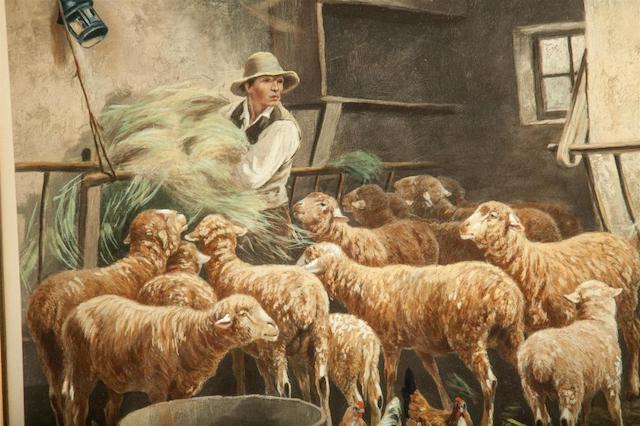

 When it comes to discussion of public schools, all too often battle lines seem to be drawn between those on the inside and outside of the system: the teachers and the parents. The teachers understandably want to defend the job they do, while the parents want to ensure that their child doesn’t become another dismal statistic.
When it comes to discussion of public schools, all too often battle lines seem to be drawn between those on the inside and outside of the system: the teachers and the parents. The teachers understandably want to defend the job they do, while the parents want to ensure that their child doesn’t become another dismal statistic.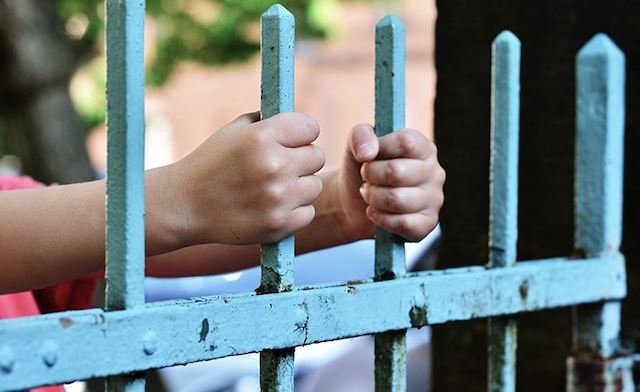

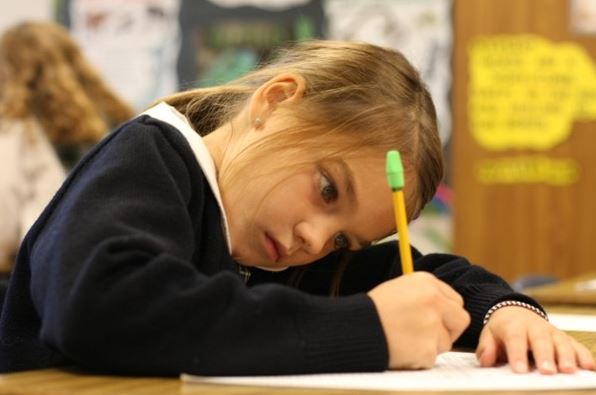
 Have you ever wondered how the American Founders were able to spew forth such wisdom and establish a new country at such young ages? I have. The mere fact that
Have you ever wondered how the American Founders were able to spew forth such wisdom and establish a new country at such young ages? I have. The mere fact that 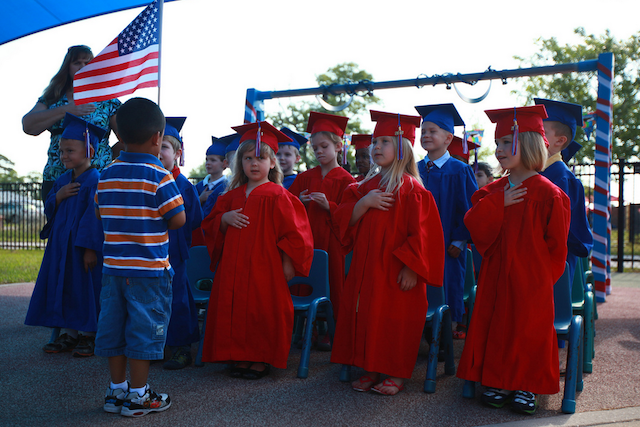 With Civics 101 unfolding before our eyes with the election, Education Secretary John King hit the campaign trail to advocate for more civics education in schools. His idea is a good one, particularly since only
With Civics 101 unfolding before our eyes with the election, Education Secretary John King hit the campaign trail to advocate for more civics education in schools. His idea is a good one, particularly since only 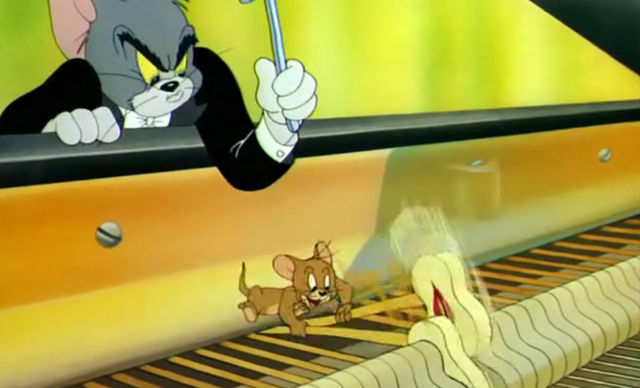
 In addition to being viewed as a season of religious devotion, Christmas has also become a time of family traditions and togetherness.
In addition to being viewed as a season of religious devotion, Christmas has also become a time of family traditions and togetherness.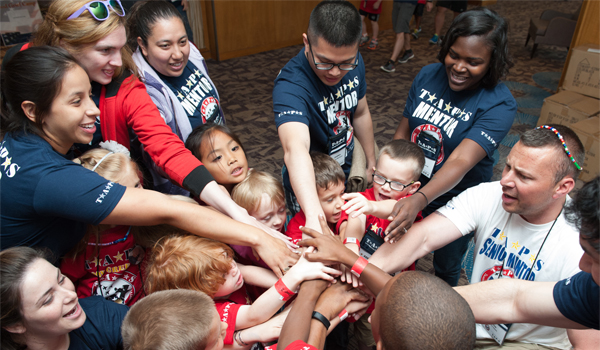
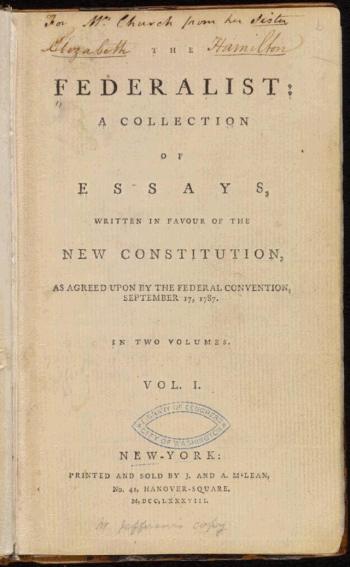
 Last summer (2015), George Washington University
Last summer (2015), George Washington University  Several years ago I got into a conversation about classical education in which my conversation partner asked, “Isn’t that the kind of education that all those overachieving homeschoolers are into?”
Several years ago I got into a conversation about classical education in which my conversation partner asked, “Isn’t that the kind of education that all those overachieving homeschoolers are into?” I was at a public park this weekend when I noticed a family preparing for a photo shoot. This family caught the attention of everyone else in the park as well, namely because of the screams emanating from one of its younger members.
I was at a public park this weekend when I noticed a family preparing for a photo shoot. This family caught the attention of everyone else in the park as well, namely because of the screams emanating from one of its younger members.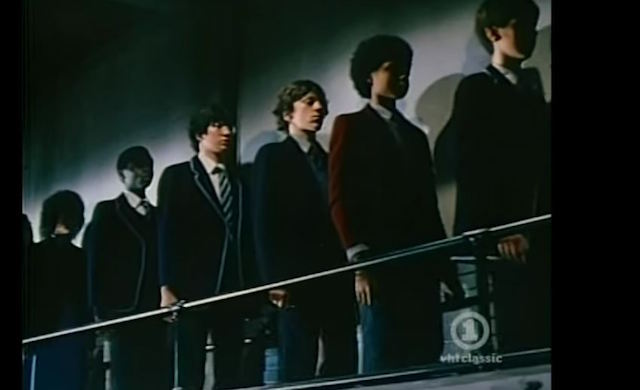 Over the weekend, I had an interesting chat with a friend about her daughter’s preschool program. She confessed to me that she couldn’t wait until the school year was over, for the preschool program dominated their lives. The schedule, she explained, interfered with other outside learning opportunities. At the same time, one of the main things her daughter was learning in the program was how to line up – perfect for fostering an environment of compulsion, but not for encouraging creativity or an enthusiasm for learning.
Over the weekend, I had an interesting chat with a friend about her daughter’s preschool program. She confessed to me that she couldn’t wait until the school year was over, for the preschool program dominated their lives. The schedule, she explained, interfered with other outside learning opportunities. At the same time, one of the main things her daughter was learning in the program was how to line up – perfect for fostering an environment of compulsion, but not for encouraging creativity or an enthusiasm for learning.  It seems like every graduation season has its stories of whiz kids. The kids who are so ambitious and so accomplished that they’re graduating from high school, and even college, before the normal time.
It seems like every graduation season has its stories of whiz kids. The kids who are so ambitious and so accomplished that they’re graduating from high school, and even college, before the normal time.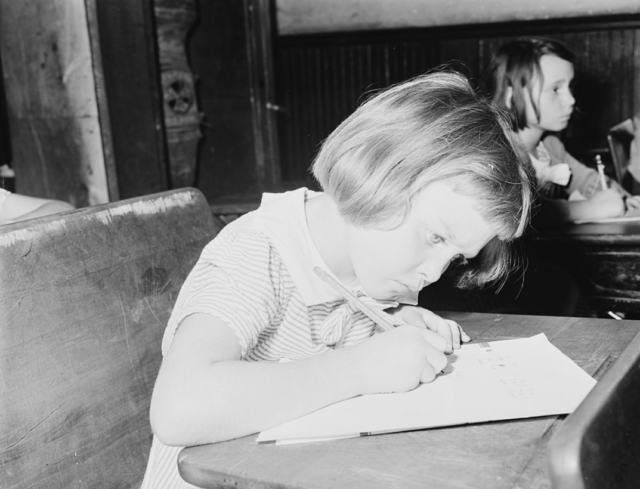 When it comes to writing, American kids just don’t cut it. Only 27 percent of eighth grade students achieve proficiency in the subject, according to The Nation’s Report Card.
When it comes to writing, American kids just don’t cut it. Only 27 percent of eighth grade students achieve proficiency in the subject, according to The Nation’s Report Card. By now, many parents know there is something seriously wrong with the average American school. Time and again, children go into the school system as bright bundles of energy, curious about the surrounding world, and time and again, they stagger through the system frustrated and losing their interest in learning. Unfortunately, parents have firsthand knowledge of what former New York teacher John Taylor Gatto explained in his book,
By now, many parents know there is something seriously wrong with the average American school. Time and again, children go into the school system as bright bundles of energy, curious about the surrounding world, and time and again, they stagger through the system frustrated and losing their interest in learning. Unfortunately, parents have firsthand knowledge of what former New York teacher John Taylor Gatto explained in his book, 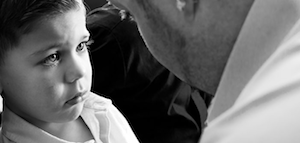 High school English teacher Paul Barnwell made two interesting observations in July of 2016 in
High school English teacher Paul Barnwell made two interesting observations in July of 2016 in  But high school students in New Zealand appear to have moved beyond this tired excuse, for instead of blaming the dog, they are turning their own ignorance into an excuse for victimhood.
But high school students in New Zealand appear to have moved beyond this tired excuse, for instead of blaming the dog, they are turning their own ignorance into an excuse for victimhood.